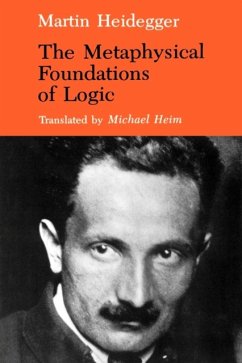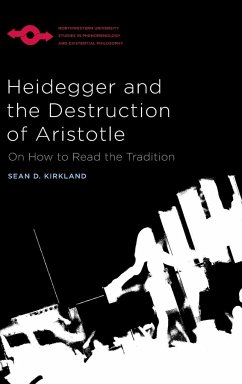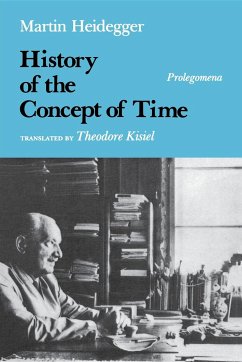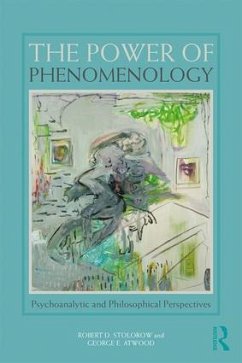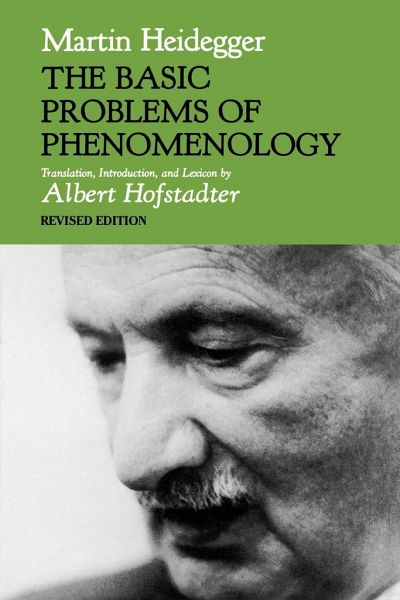
The Basic Problems of Phenomenology
Versandkostenfrei!
Versandfertig in 2-4 Wochen
32,99 €
inkl. MwSt.

PAYBACK Punkte
16 °P sammeln!
"In Albert Hofstadter's excellent translation, we can listen in as Heidegger clearly and patiently explains ... the ontological difference." Hubert L. Dreyfus, Times Literary Supplement



